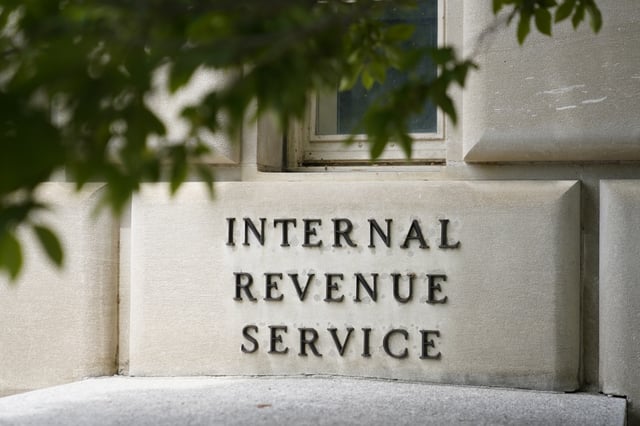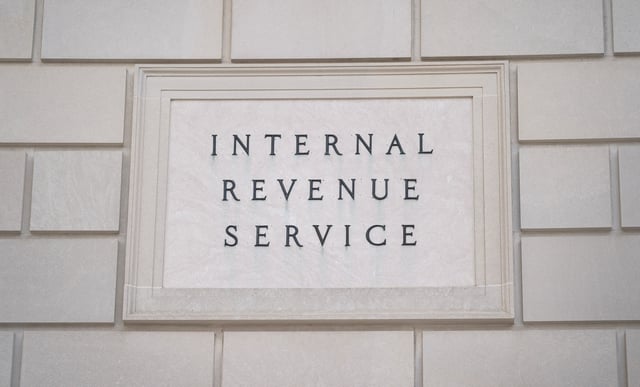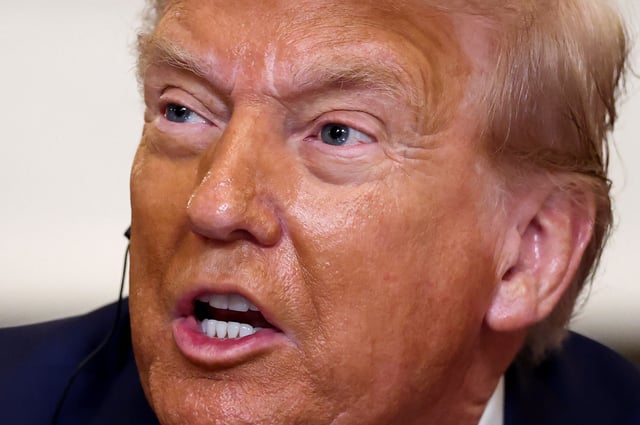Overview
- The IRS filed a joint motion with Sand Springs Church, First Baptist Church Waskom and the National Religious Broadcasters in the Eastern District of Texas to settle a lawsuit over candidate endorsements.
- Under the proposed consent judgment, communications from a house of worship to its congregation about electoral politics would not be deemed campaign intervention but a private family-like discussion.
- The carve-out is narrowly limited to the plaintiff churches and does not change the Johnson Amendment’s restrictions on other nonprofits or charities.
- Law professors warn the exemption could intensify partisan activity in churches and prompt campaigns to recruit religious venues, while nonprofit groups caution it may open new routes for undisclosed political funding.
- A federal judge must approve the consent judgment before the exemption takes effect, and without congressional repeal the broader ban can still be reinstated or challenged in court.


